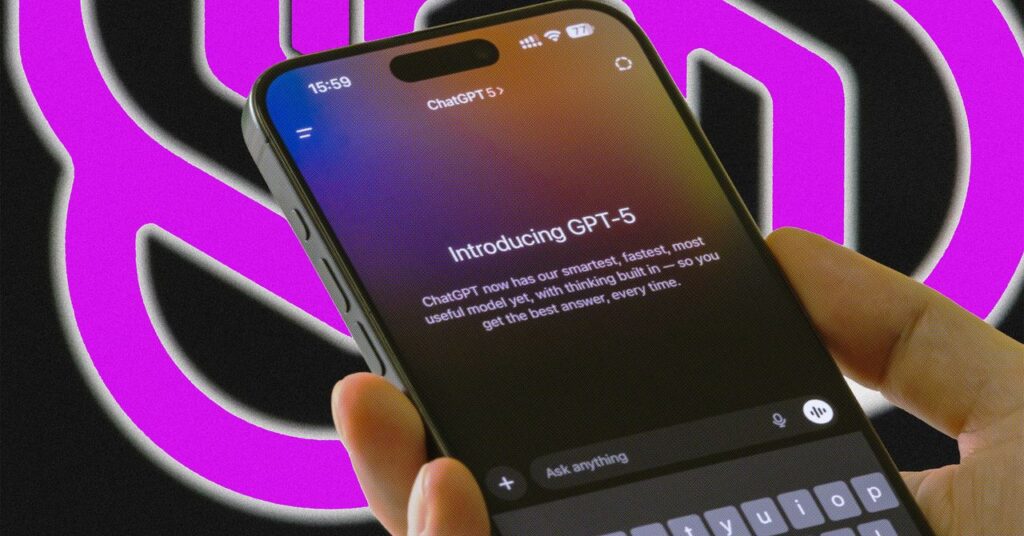The release of OpenAI’s GPT-5 model has drawn mixed reactions from users, with some feeling it has downgraded from its predecessor, GPT-4O. Complaints include a perceived dilution of personality and a tendency to make errors. CEO Sam Altman acknowledged these issues, stating the intention to improve GPT-5’s performance and user experience by increasing rate limits and enhancing model-switching capabilities.
Despite marketing GPT-5 as a significant upgrade, users expressed disappointment. Discussions on Reddit revealed frustrations, with some feeling that the new model is more technical and emotionally distant. Altman noted that user complaints might indicate challenges with the new model’s handling of edge cases rather than a decline in capabilities.
The backlash has ignited a conversation about the emotional bonds users form with chatbots, with some arguing that dependence on AI can lead to unhealthy attachments. Experts like MIT’s Pattie Maes suggest that while a less personalized response may be beneficial to combat biases, many users prefer models that validate their opinions. Altman acknowledged this tension, emphasizing the role of chatbots in users’ lives, sometimes as therapeutic tools.
Source link


